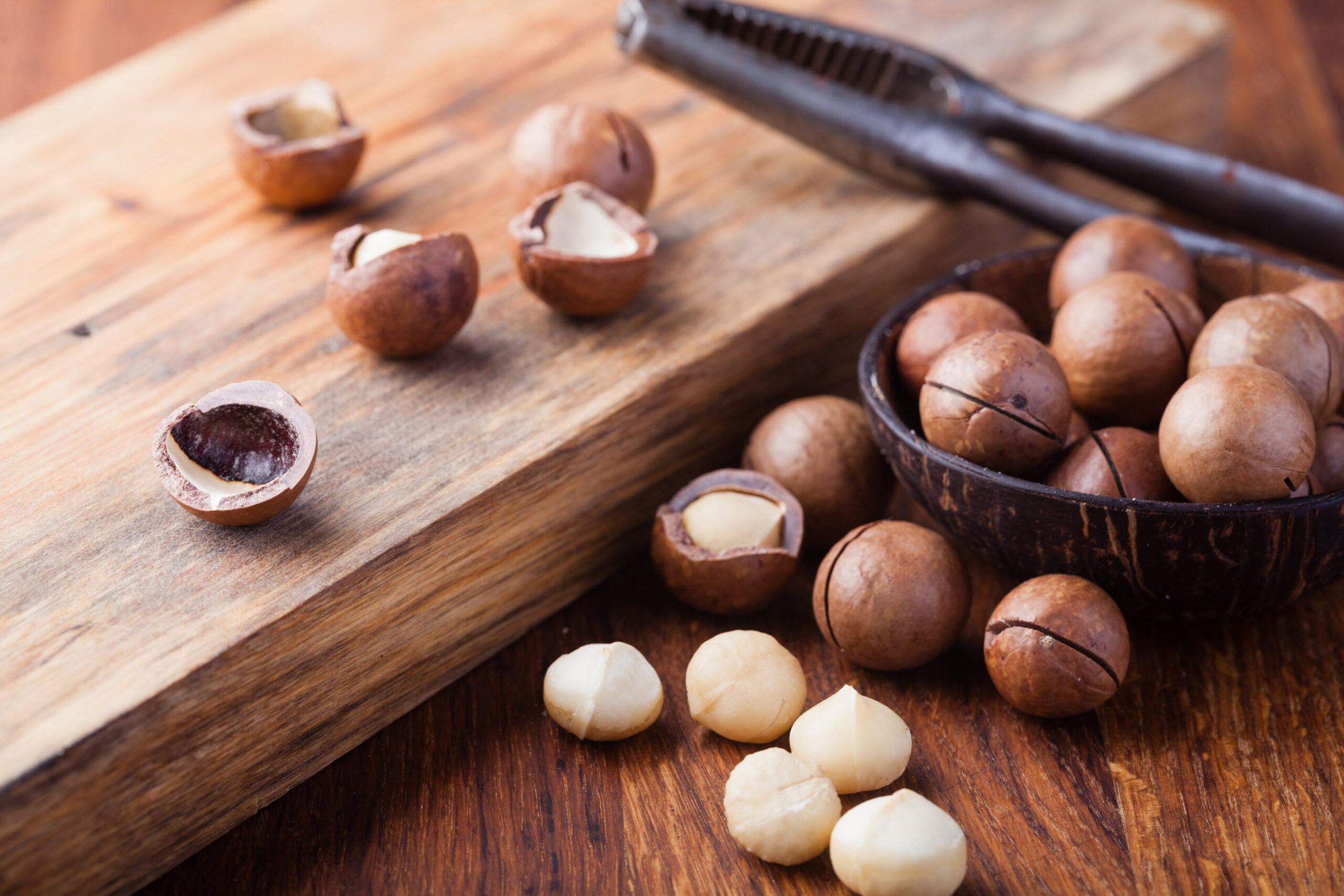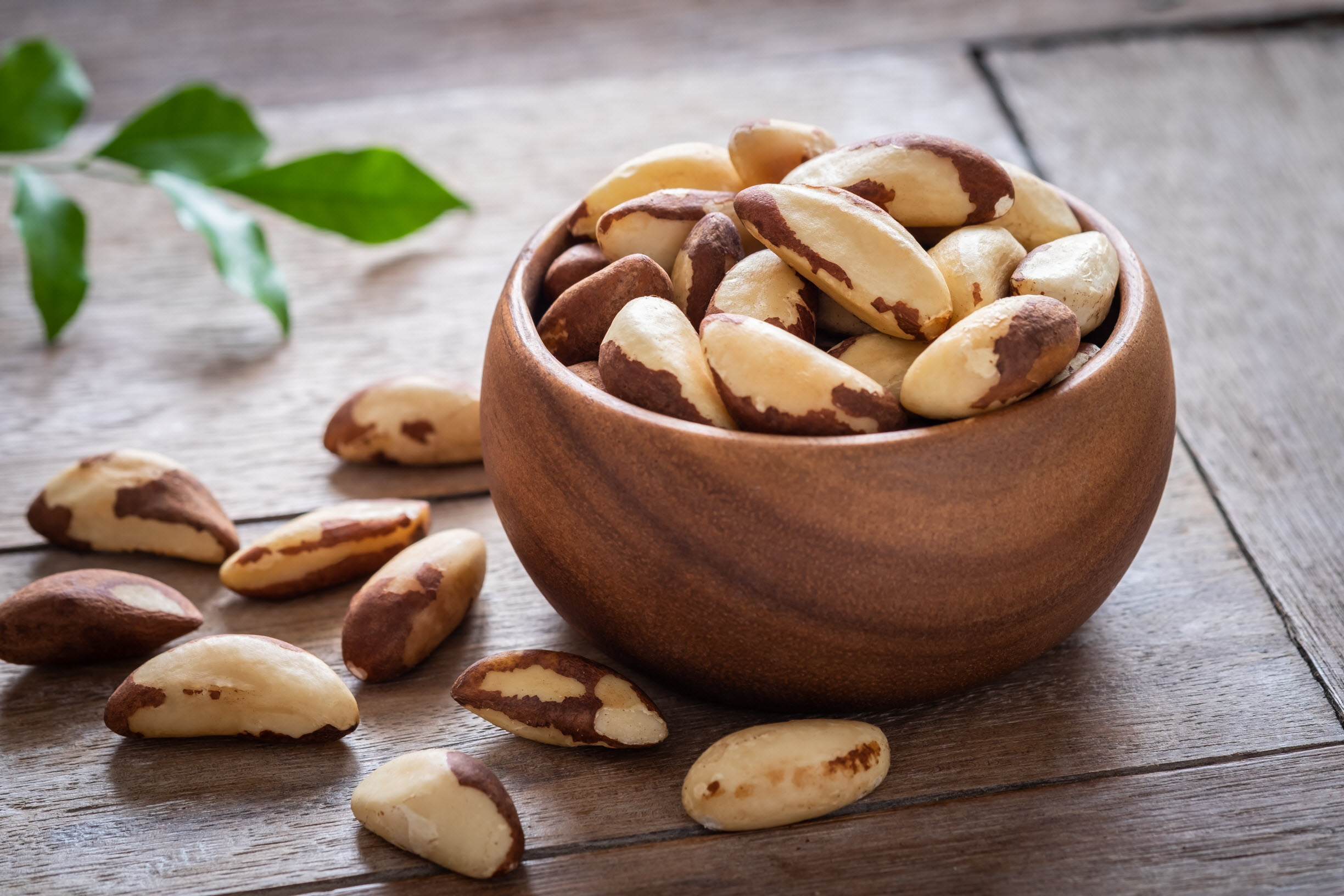In their varied forms nuts are a superfood with bioactive compounds
There’s a challenge that comes packaged with the task of spending several days researching a fascinating subject but having six hundred words with which to share it. The challenge is the inability to include absolutely every single marvellous and interesting detail which researchers have uncovered about how including nuts in your diet may decrease the risks of cancer. Let’s try anyway…
The history of research linking nuts to assisting with health issues is long and storied. Nuts lower cholesterol and they’re high in both antioxidants and vitamin E. But it’s the research linking nutty options suggested to potentially minimise risk of cancer that this article is interested in. So, what does the research suggest?
Tree nuts
If you’re trying to research a topic then the word that bring the most joy to your life is ‘meta-analysis’. To explain, simply, it’s a method of study that examines every other study on a topic to see what they all said, to draw a wider conclusion on the topic. Studies don’t all agree, but much of that confusion goes away when our new best friends, Zhang et al, arrive with a study examining how 47 studies on the impacts of nuts on cancer patients, found, on average, that eating more nuts lowered the “risks of both cancer incidence and mortality.” They recommended that those interested in eating nuts to lower the risk of cancer could follow the American Heart Association’s guide of four to five servings per week.
The paper’s findings indicated the tree nut family showed the most promise – sorry, peanuts. As a result, this article will be looking at three kinds of tree nuts which are particularly healthy.

Walnuts|
In 2014 Elaine Hardman’s research showed that diets supplemented with walnuts reduced the growth rate of human breast cancer in mice by around 80 per cent. Hardman wasn’t the only person to find promising results from walnuts; in fact, according to the American Institute of Cancer Research, walnuts have been studied more extensively than any other nut. The consensus these studies have leaned towards is that walnuts are not high in calories, even when compared to other nuts, whilst still being high in antioxidants!

Macadamia nuts
These are high in tocotrienols, a form of vitamin E, which lowers cholesterol. Research has shown low cholesterol effective in lowering the risk of cancer. Additionally, they’re rich in flavonoids, which helps cell cycle arrest. In simple terms, Katrin Sak (2014) found that flavonoids help protect your cells from growing at a cancerously out of control speed.
Research is about trying to understand more today than we did yesterday and what we understand today is, as Doctor Sak said: “Consumers may gain more significant health benefits from whole foods than from the intake of dietary supplements.” When paired Ms Hardman’s conclusion on walnuts, that: “scientists are demonstrating that these foods can reduce the risk of cancer,” the argument for including nuts in your regular diet gets ever firmer.

Brazil nuts
These are rich in selenium. This is a trace mineral, according to the Harvard Nutrition Source, meaning that we don’t require a lot of it. That said, various researchers have agreed that including it in our diet has significant potential benefits to our health. One of those benefits is a reduced risk of cancer. Whilst a journal for the National Center for Biotechnology Information on the anti-tumour effects of selenium-rich Brazil nuts found a reduced tumour volume in mice with a diet supplemented with Brazil nuts, the Harvard Nutrition source goes even further to highlight 13 studies which show a 31 per cent reduced risk of cancer in groups with high selenium levels.

